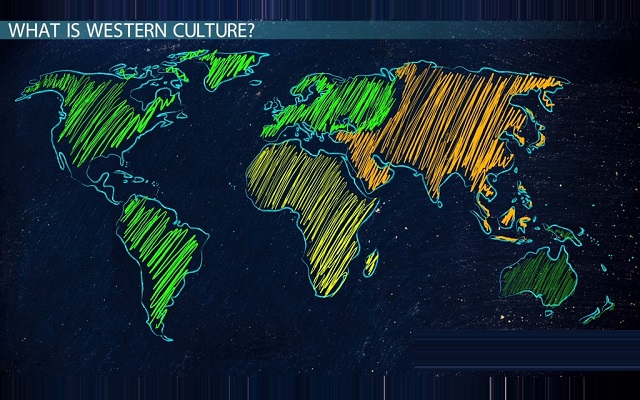
Coming into the modern era, the historical understanding of the East-West contrast—as the opposition of Christendom to its geographical neighbors—began to weaken. As religion became less important, and Europeans came into increasing contact with far away peoples, the old concept of Western culture began a slow evolution towards what it is today. The Age of Discovery faded into the Age of Enlightenment of the 18th century, during which cultural and intellectual forces in Western Europe emphasized reason, analysis, and individualism rather than traditional lines of authority. It challenged the authority of institutions that were deeply rooted in society, such as the Catholic Church; there was much talk of ways to reform society with toleration, science and skepticism.
Philosophers of the Enlightenment included Francis Bacon, René Descartes, John Locke, Baruch Spinoza, Voltaire (1694–1778), David Hume, and Immanuel Kant.[58] influenced society by publishing widely read works. Upon learning about enlightened views, some rulers met with intellectuals and tried to apply their reforms, such as allowing for toleration, or accepting multiple religions, in what became known as enlightened absolutism. New ideas and beliefs spread around Europe and were fostered by an increase in literacy due to a departure from solely religious texts. Publications include Encyclopédie (1751–72) that was edited by Denis Diderot and Jean le Rond d’Alembert. The Dictionnaire philosophique (Philosophical Dictionary, 1764) and Letters on the English (1733) written by Voltaire spread the ideals of the Enlightenment.

